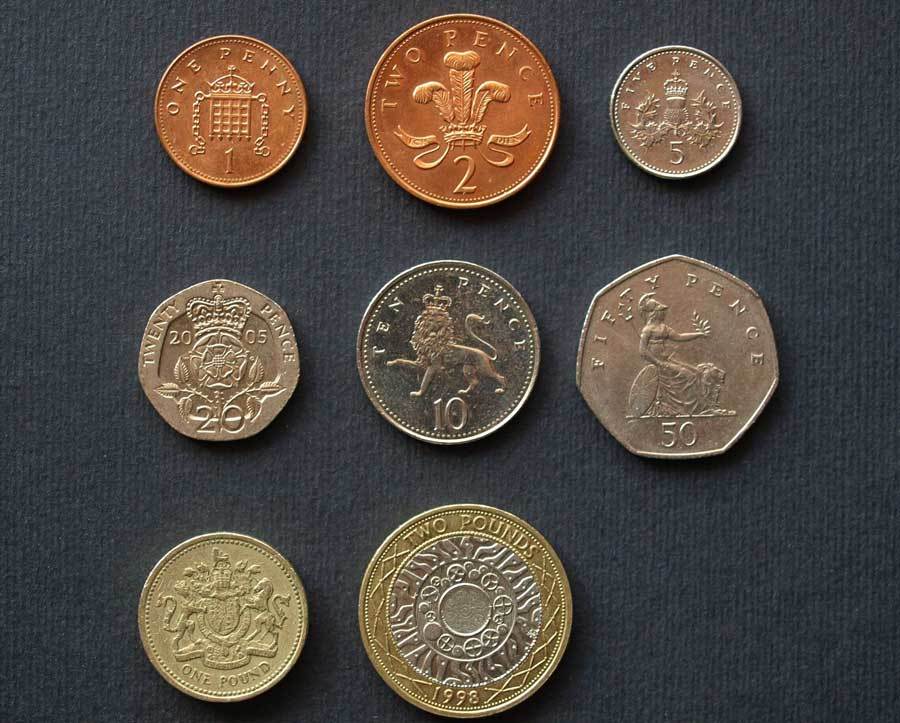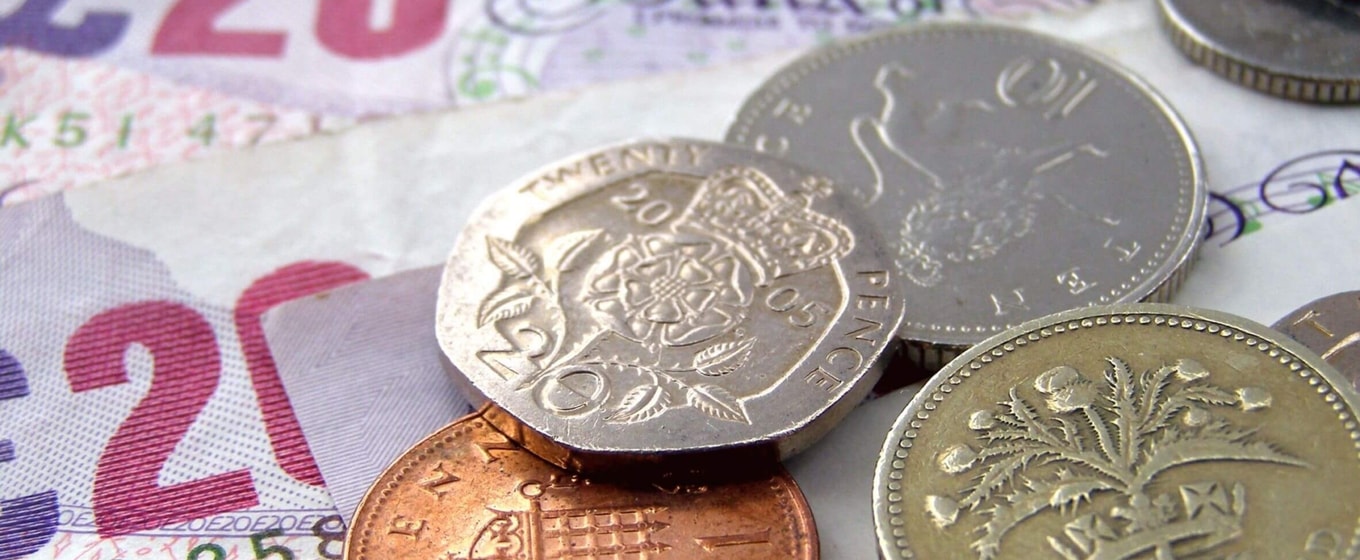In any circumstances under which you have more than one source of income, you need to make sure that HMRC knows about it. If you’re not paying enough tax on your combined income and HMRC catches up with you in the future, you could be landed with a big tax bill.
The way you declare your second income depends on whether you’re receiving it from a second employer or you’re earning it directly as a freelancer or contractor.
If you have a second employment, both employers will be making automatic tax deductions from your pay via the PAYE system. However, this could still mean that you’re paying too little tax if both employers are giving you a tax-free allowance. You can check for this by looking at your tax codes on your payslips, then checking www.gov.uk/tax-codes to see what’s being deducted under those codes. Call your local tax office if you have any doubts.

If your second income is not from an employer, you need to register with HMRC for tax self-assessment. You must then report all your income annually on your tax return. Depending on the nature of this income, you may have to pay additional tax or you may qualify for a tax refund. If your second income is from self-employment, you will be able to declare business expenses on your tax return, which will reduce your total amount of taxable income.
You won’t automatically need to provide HMRC with proof of your income, but if you’re not honest you could face back-taxes and fines at a later date.
Keep it legal, keep it simple
Whether you're juggling multiple jobs or building a side hustle, transparency with HMRC is key to avoiding surprise tax bills. Declaring your second income properly not only keeps you compliant, it gives you a clearer view of your finances overall.
If your side income is turning into something bigger, a business loan from Fleximize could help you take it to the next level.






These cookies are set by a range of social media services that we have added to the site to enable you to share our content with your friends and networks. They are capable of tracking your browser across other sites and building up a profile of your interests. This may impact the content and messages you see on other websites you visit.
If you do not allow these cookies you may not be able to use or see these sharing tools.